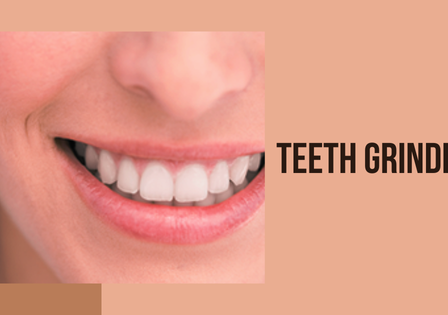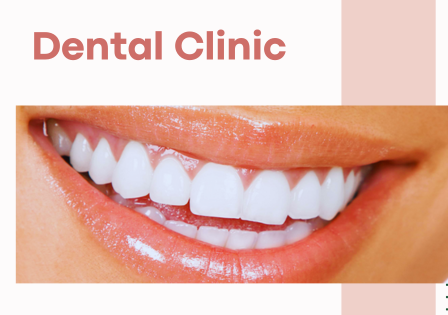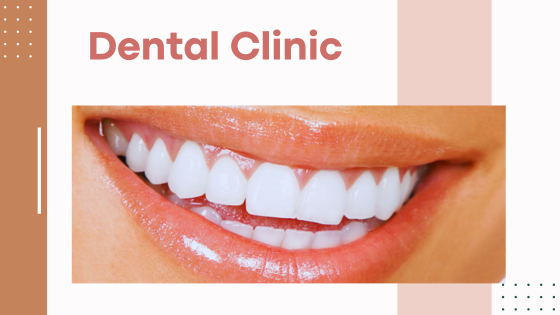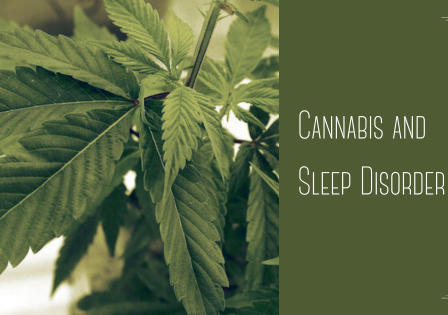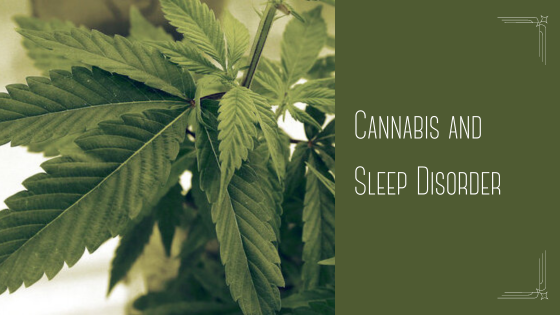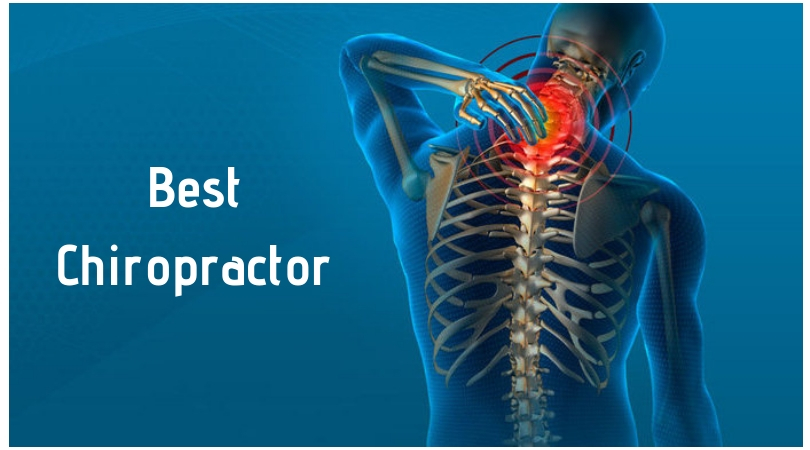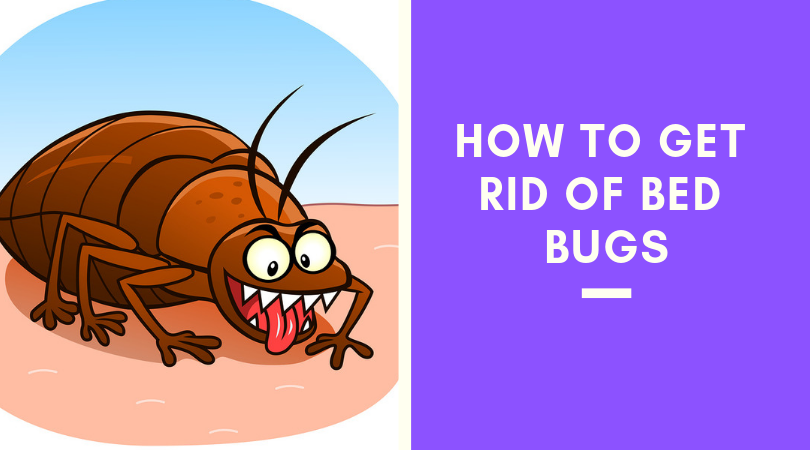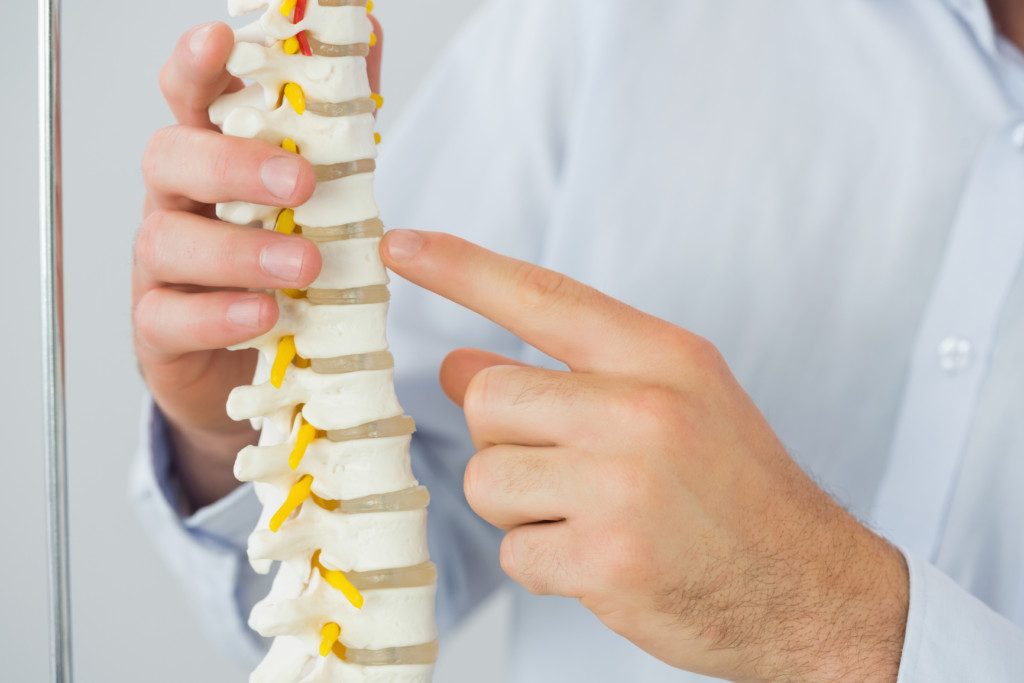Teeth grinding, medically known as bruxism, is a condition where individuals involuntarily grind, gnash, or clench their teeth. This can occur during the day (awake bruxism) or at night (sleep bruxism). Teeth grinding is not only an uncomfortable habit but can also lead to significant dental issues if left untreated. Understanding the causes of this condition is critical to managing and mitigating its effects. Experts, such as the dental professionals at Suratorthosurgery Clinic, have dedicated extensive research to identifying and treating the root causes of bruxism. You can ดูสาเหตุว่านอนกัดฟันเกิดจากอะไร on their website.
Stress and Anxiety
One of the primary causes of teeth grinding is stress and anxiety. When individuals experience high levels of stress or emotional turmoil, it can manifest physically in various ways, including bruxism. Stress-induced bruxism often occurs subconsciously, particularly during sleep, which makes it challenging to control without appropriate intervention. Techniques to manage stress, such as mindfulness, therapy, and relaxation exercises, can be recommended by dental professionals to mitigate this risk factor.
Malocclusion
Malocclusion, or misalignment of the teeth, is another significant contributor to teeth grinding. When teeth do not fit together properly, the imbalance can create additional tension and friction during both speaking and eating. This misalignment often prompts the jaw to grind or clench in an attempt to find a more comfortable resting position. Orthodontic treatments, like those provided at Suratorthosurgery Clinic, can play a crucial role in correcting malocclusion and reducing the occurrence of bruxism.
Sleep Disorders
Teeth grinding is frequently associated with various sleep disorders, such as sleep apnea. Sleep apnea is characterized by interrupted breathing during sleep, which can lead to numerous micro-arousals throughout the night. During these interruptions, the body may react by clenching or grinding the teeth. Addressing underlying sleep disorders, potentially with the assistance of a sleep specialist, can alleviate bruxism.
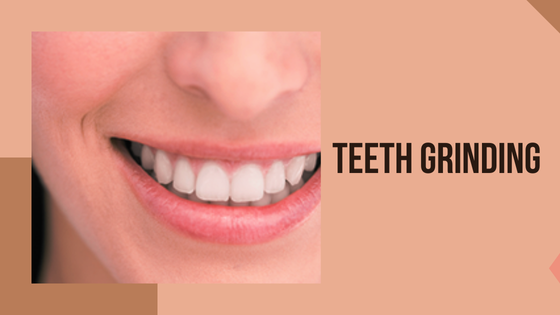
Lifestyle Factors
Certain lifestyle habits can contribute to teeth grinding. Excessive consumption of caffeine and alcohol can increase the likelihood of bruxism. Stimulants like caffeine can heighten alertness and stress levels, while alcohol can disrupt sleep patterns, both promoting teeth grinding. Furthermore, recreational drugs and smoking have been linked to an increased risk of bruxism. Modifying these lifestyle factors, with guidance from healthcare providers, can significantly reduce the incidence of teeth grinding.
Medications
Some medications have side effects that include bruxism. Antidepressants, particularly selective serotonin reuptake inhibitors (SSRIs), and certain antipsychotic drugs have been known to cause teeth grinding in some individuals. If bruxism is suspected to be medication-induced, it is essential to consult with a healthcare provider to discuss potential alternatives or complementary treatments to manage this side effect.
Personality Types
Personality traits and psychological profiles can also influence the likelihood of teeth grinding. Individuals who are aggressive, hyperactive, or have a highly competitive nature may be more prone to bruxism. These personality types often operate under constant stress or heightened arousal, which can manifest physically as teeth grinding. Behavioral therapies and stress management strategies can be beneficial in reducing bruxism in these cases.
Conclusion
Understanding the multifaceted causes of teeth grinding is essential for effective management and treatment. The expertise provided by dental professionals, such as those at Suratorthosurgery Clinic, is invaluable in identifying the specific causes in individual patients and developing personalized treatment plans. From addressing stress and anxiety to correcting dental misalignments and managing lifestyle factors, a comprehensive approach is necessary to mitigate the impacts of bruxism and preserve dental health. If you suspect that you may be grinding your teeth, seeking professional advice is the first step toward finding relief and preventing further dental complications.
